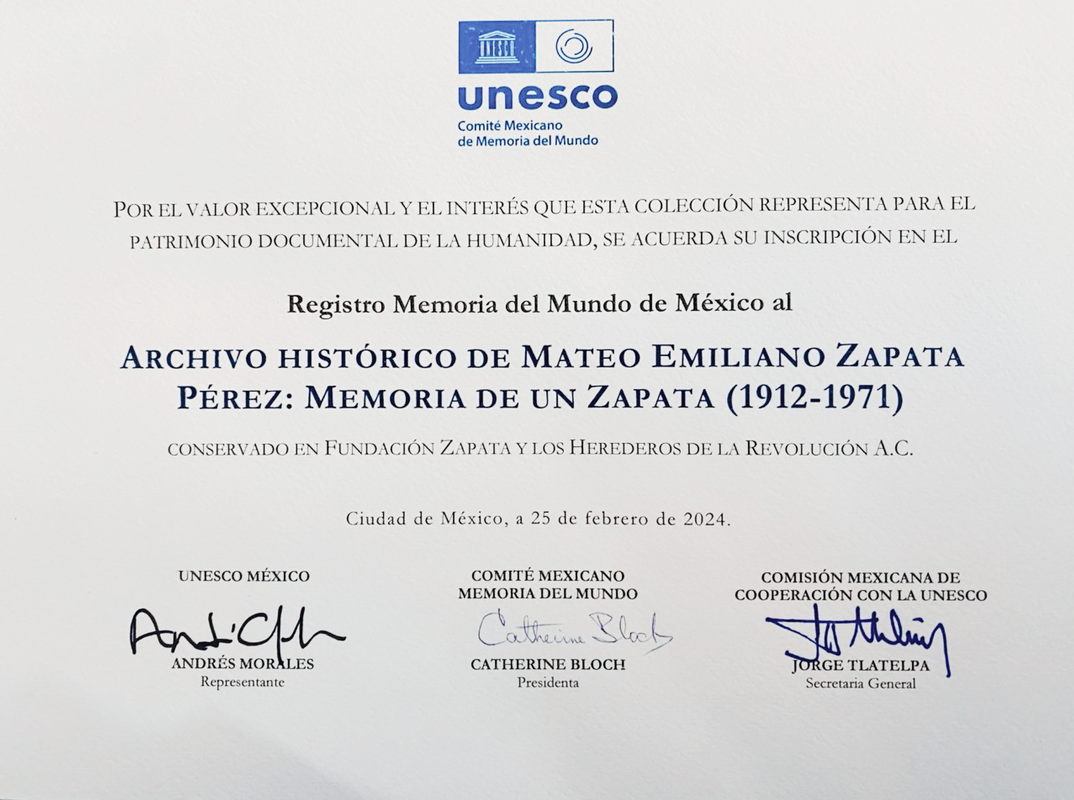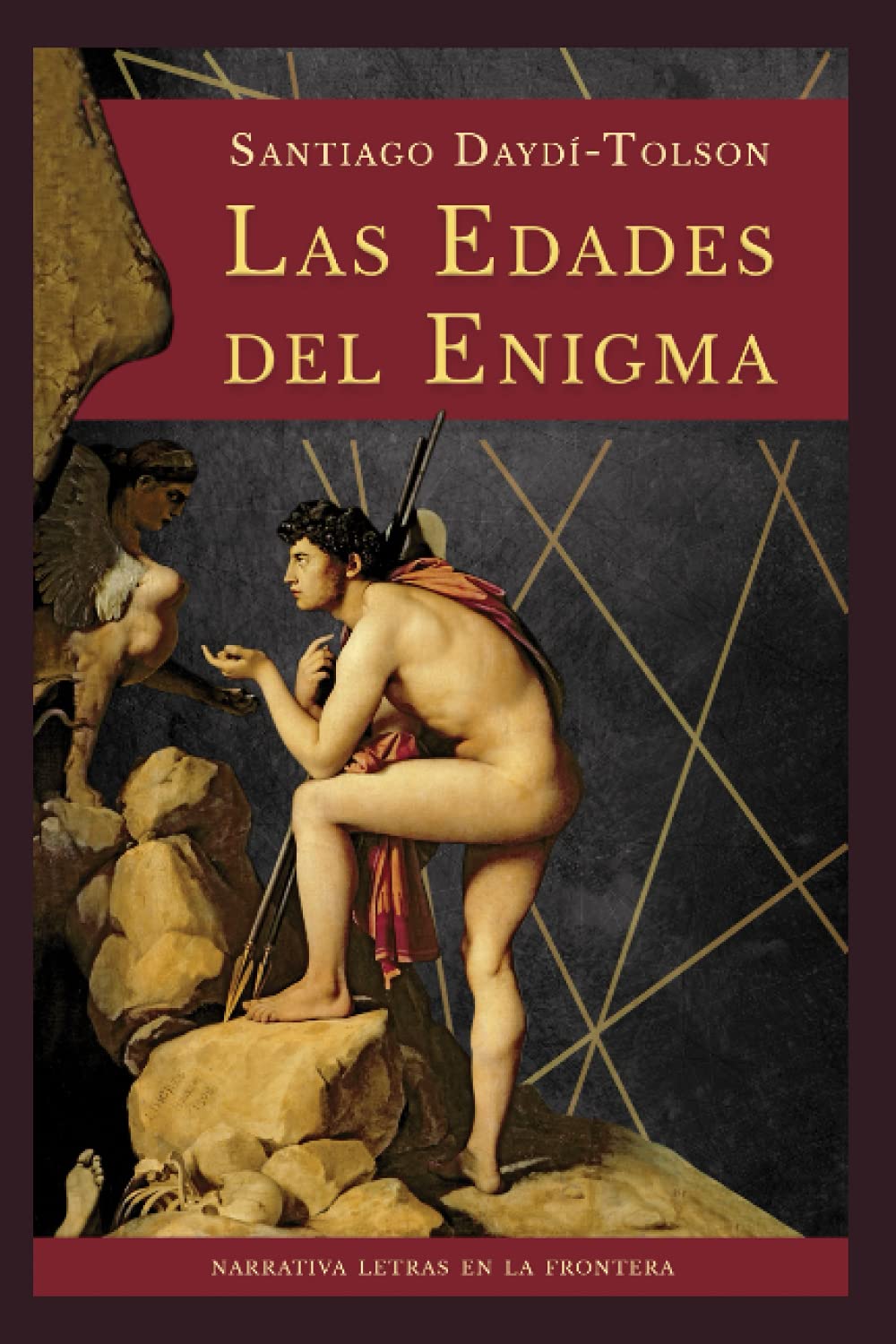Las edades del enigma
Santiago Daydí Tolson
|
Open Sesame: the very beginning of this collection of short stories is an invitation to daydream, to catch a glimpse of family affection, to appreciate daily life and enjoy the subtle splendors that surround us. Santiago Daydí Tolson has a distinctive style, a baroque syntaxis, a classical perspective, polished language, and profound knowledge. In a fast-moving world that does not stop to pay attention, we bump into an obstacle that becomes a blessing, for the complexity of Santiago’s text demands our full focus on what is written. It makes us contemplate, meditate, and question our existence. And his piercing vision, well rooted in a reaction to the uncanny, compels us to reconsider all our assumptions. Santiago is partial to the parenthetical, to insert one phrase within another phrase, like Chinese boxes, thus slowing down the flow of the prose so we can notice what is described. Nevertheless, his is a soothing rhythm, as in the first short story of the book which deals with falling asleep and dreaming, a moment full of marvels, he hypnotizes, captivates, and bewitches the reader. At times almost essay like, Daydí Tolson`s prose is beautiful, serene; his thinking reflects a not very common subtlety and finesse. Enigmatic, he writes a book about the enigma, something he keeps present in all his writings. A contradictory person, he makes us face the paradoxes that rule our life. Some might not be able to withstand a blow as harsh as that of, for instance, considering that the beginning of life is the beginning of our life sentence. But a literature that does not make one uncomfortable is not literature. Irony inhabits this book, in the plots as well as in the asides. Frequent themes are the return, ennui, and uncertainty. |
In all the short stories Daydí Tolson plunges us into the feeling of surprise, the rapture one feels when confronted with the beauty that surrounds us. He immerses us, besides, in a nostalgic feeling, which is not sad but subtle and rooted in details.
“Reloj de sol” (Sun Dial) brings us back to so many Dickensian descriptions and even those of Mark Twain, of the hours suffered in the classroom, of the oppression of an unenlightened and conformist education. And in “Lluvia de invierno” (Winter Rain) one lives the tug of war of a father and son relationship, but also, with great tenderness, the sensation of a painful absence.
These short stories are imbued with the sensation of loss, but a loss that is more insinuated than directly declared.
Santiago is, above all a writer who, though deeply sentimental, appear to be exactly the opposite. His impeccable style, classically stoic, contrasts with the emotions his texts produce, sometimes highly nuanced and other times like daggers that wound us and whose scar, which will last forever, is nevertheless just and necessary… pointing out some truth we must never forget. Melodrama, that romantic invention, does not operate here. What hurts us is reality itself.
The book is brief. It encompasses all ages of man and its brevity reflects the fast and fleeting nature of our lifespan, a true blink of an eye. The epigraph to the collection, which refers to the Sphynx’ riddle condenses our life to only one day. Las edades del enigma produces in the reader some sentimental anguish, a kind of saudade; but the feeling of saudade is always beautiful, and this book rests on beauty and on the recognition of how lovely our surrounding world is, how necessary human contact is and how, since the moment of our birth, loneliness is a life sentence.
“Reloj de sol” (Sun Dial) brings us back to so many Dickensian descriptions and even those of Mark Twain, of the hours suffered in the classroom, of the oppression of an unenlightened and conformist education. And in “Lluvia de invierno” (Winter Rain) one lives the tug of war of a father and son relationship, but also, with great tenderness, the sensation of a painful absence.
These short stories are imbued with the sensation of loss, but a loss that is more insinuated than directly declared.
Santiago is, above all a writer who, though deeply sentimental, appear to be exactly the opposite. His impeccable style, classically stoic, contrasts with the emotions his texts produce, sometimes highly nuanced and other times like daggers that wound us and whose scar, which will last forever, is nevertheless just and necessary… pointing out some truth we must never forget. Melodrama, that romantic invention, does not operate here. What hurts us is reality itself.
The book is brief. It encompasses all ages of man and its brevity reflects the fast and fleeting nature of our lifespan, a true blink of an eye. The epigraph to the collection, which refers to the Sphynx’ riddle condenses our life to only one day. Las edades del enigma produces in the reader some sentimental anguish, a kind of saudade; but the feeling of saudade is always beautiful, and this book rests on beauty and on the recognition of how lovely our surrounding world is, how necessary human contact is and how, since the moment of our birth, loneliness is a life sentence.
Santiago Daydí-Tolson's (Chile, 1943) academic publications include, among others, a book on Gabriela Mistral and the translation and edition of the correspondence between Ernesto Cardenal and Thomas Merton. His literary publications include a novel in English (Under the Walnut Tree), and three books in Spanish: the poetry collections La lira de la ira and Insectarium, and the short prose book El cuaderno de don Baruj.
Las edades del enigma is a publication by Letras en la Frontera. Click here to purchase.
Las edades del enigma is a publication by Letras en la Frontera. Click here to purchase.
Comment Box is loading comments...
|
|









